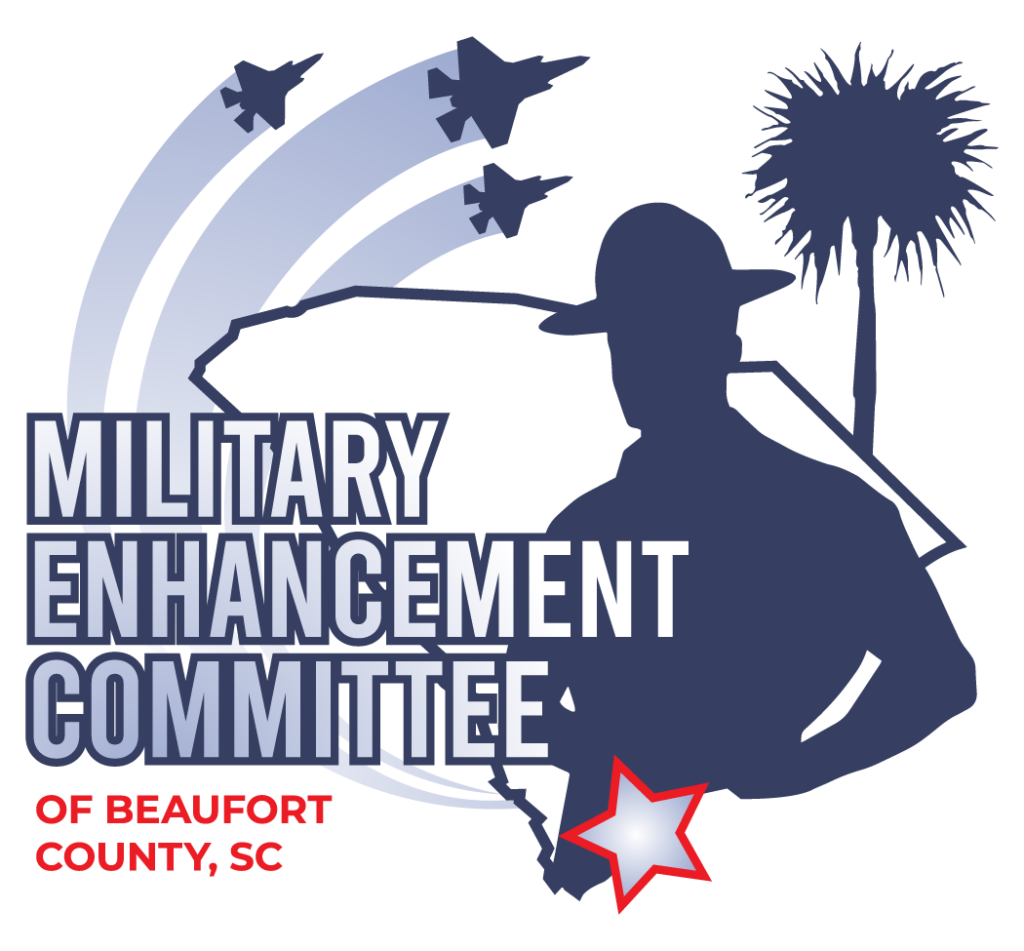Cadets at West Point don’t take field trips. Instead, any out-of-the-classroom experience is known as a ‘staff ride’ and usually takes place at a battlefield or other location suitable for engaging with an important piece of history. This spring, Beaufort County will see West Pointers arrive for staff rides due to a fascinating piece of local history that has gone mostly unnoticed in recent years: the 1st South Carolina Volunteer Infantry.
The 1st South Carolina was a regiment of volunteers organized in Beaufort in 1862 at the height of the Civil War. However, in contrast to the other South Carolina regiments raised during that year, this was a United States infantry regiment whose blue-coated ranks were filled with African Americans. The history of the regiment began in November 1861 when Union troops occupied Port Royal Sound as they did with many other strategic ports and islands along the Confederacy’s eastern coast. Most locals fled the occupation, but thousands of enslaved African Americans surrendered themselves to the Union troops as a method of escaping their owners. Since the Emancipation Proclamation would not be signed until 1863, there was a great deal of confusion about what to do with these escaped slaves. Refusing them refuge or returning them to their owners would directly help the Confederacy’s economy but no clear-cut laws existed to define the status of how to treat them.
Finally, the Union department commander, Major General David Hunter, assembled some of the escaped slaves into a military formation which would eventually be authorized by President Abraham Lincoln as an official unit – the 1st South Carolina (US) Infantry. A great deal of the regiment’s history after formation is unknown, but the soldiers of the 1st SC are documented participants in multiple expeditions on the St. Mary’s River and helped ensure that Parris Island remained the primary naval logistics base for Union actions in the Carolinas. Most importantly, the 1st SC acted as the model for other African American regiments, paving the way for others such as the 54th Massachusetts Volunteer Infantry, who were immortalized by their famous charge of Battery Wagner and in the subsequent movie, Glory.
The effort by West Point to recognize and learn about the 1st SC fits perfectly within the goal of West Point to “educate, train, and inspire future commissioned officers”. As Lt. Col. Rory McGovern, a professor of American Military History at West Point told the Post and Courier, “With this [1st SC] story, I can educate and inspire, two out of three.”
The history of the 1st SC is a valuable and important part of American history which showcases a unique piece of Beaufort County. With the help of local residents, researchers, and the efforts of individuals such as those bringing this knowledge to West Point, the Beaufort Region will continue to connect with its past and blaze a new trail into an even more fascinating and prosperous future.





